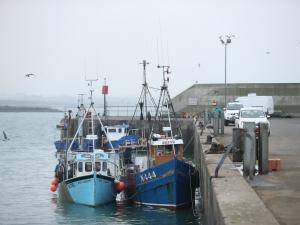
By David Young
Two UK fishing boats have been seized by the Irish Navy amid an ongoing impasse over their right to fish in Ireland's waters.
The Northern Ireland-registered vessels were detained by the Irish Naval Service in Dundalk bay and have been impounded at nearby Clogherhead port.
The move by Irish authorities comes amid an ongoing fishing dispute caused by the demise of an informal deal between the UK and Irish governments.
The Voisinage agreement, which collapsed months after the Brexit referendum, was a reciprocal understanding between the UK and Irish Republic dating back to the mid-1960s that allowed vessels from Northern Ireland to fish in Irish inshore waters (zero to six nautical miles from shore) and vice versa.
But the agreement hit the rocks in late 2016 when a number of Irish fishermen brought a case to the state's Supreme Court, challenging the right of Northern Ireland vessels to fish in their waters.
The court ruled Voisinage was an informal agreement of insufficient legal standing to formally grant access to foreign registered boats.
That decision effectively banned Northern Ireland boats from fishing in Irish inshore waters - a move that impacted fishermen north of the border who traded in species such as lobsters, crabs, mussels and whelks.
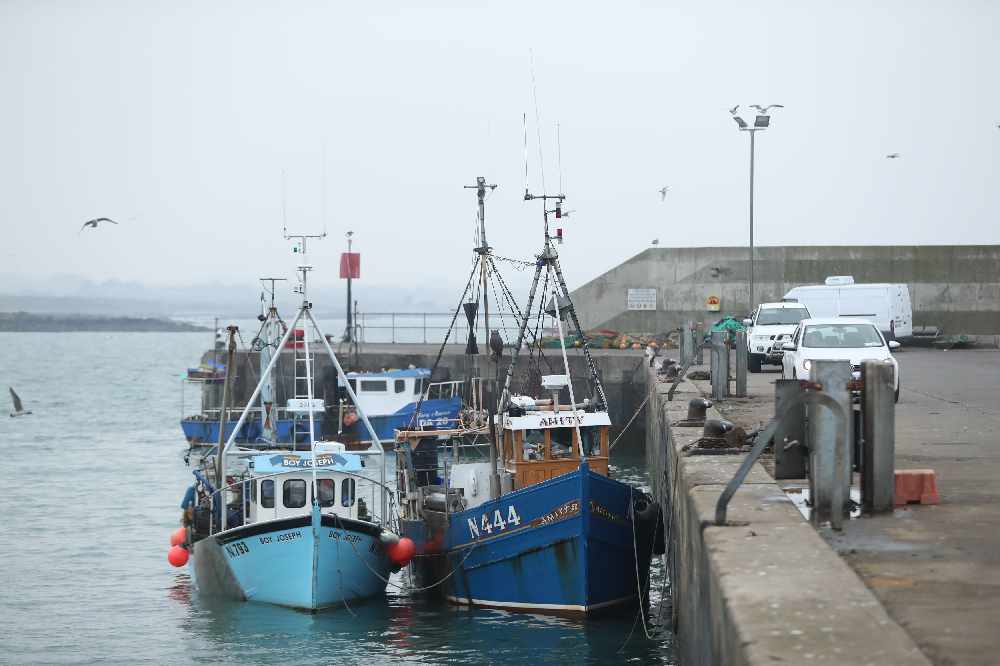
The UK has continued to recognise the Voisinage agreement so Irish vessels remain free to fish inshore waters around Northern Ireland.
After the Supreme Court decision, the Dublin government pledged to introduce legislation to give legal effect to Voisinage.
But two years on, the law change has not yet materialised, with many politicians south of the border opposed to draft proposals forwarded by the government.
Fishermen in Northern Ireland have accused the Irish authorities of stalling, claiming the issue has become caught up in Brexit and is potentially being used as a bargaining chip for future negotiations on how Irish vessels would access UK waters once it leaves the EU.
A spokesman for the Department of Agriculture, Food and the Marine in Dublin highlighted that an independent body - the Sea-Fisheries Protection Authority (SFPA) - enforces sea fisheries law in Ireland.
He stressed Minister for Agriculture, Food and the Marine Michael Creed has no role in the execution of SFPA's functions.
The spokesman said it is important to note the Supreme Court had ruled the Voisinage arrangements are not invalid, only that there is currently insufficient provision for them in domestic Irish law.
"The Supreme Court in fact noted that the arrangements were a sensible recognition at official level of practice and tradition, where fishing boats traditionally fished neighbouring waters," he said.
"The Government approved the publication of the Sea-Fisheries (Amendment) Bill to address issues raised by the Supreme Court judgment, in so far as it relates to access for Northern Irish vessels.
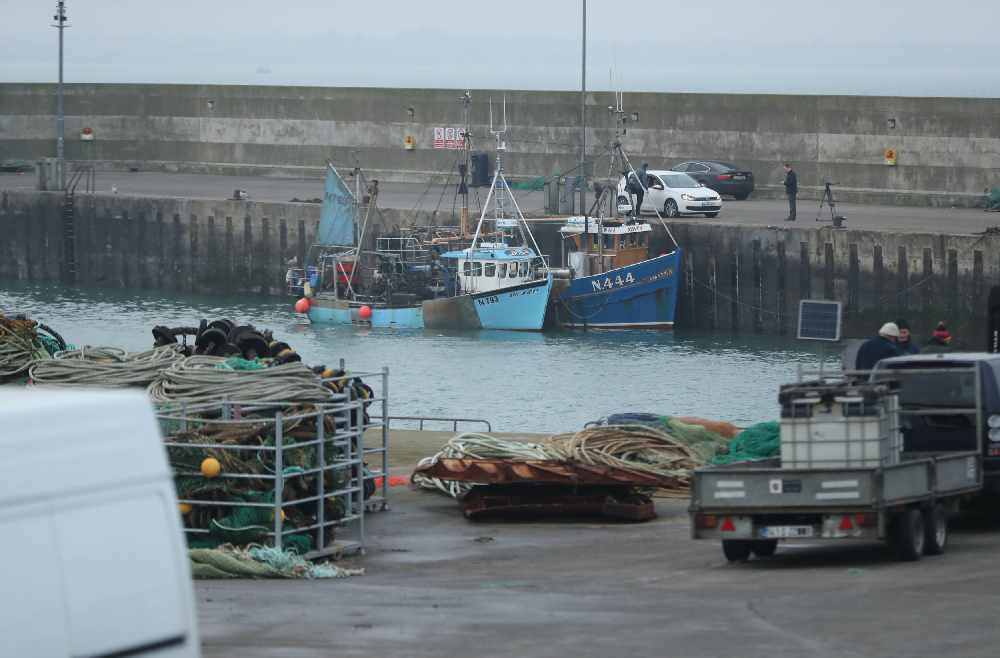
"If enacted and commenced, the Bill will give the Voisinage arrangements a proper legal footing. The Bill was published in February 2017, commenced debate in the Seanad shortly thereafter and remains before the Oireachtas."
Jim Allister, leader of the Traditional Unionist Voice party, said it is time to "stand up for Northern Ireland's fishermen".
He said: "The reciprocal basis of the Voisinage agreement has been breached, so why are we still pretending it exists and operating it to the disadvantage of local fishermen?"
He called on the authorities to ban Irish boats from Northern Ireland waters, adding: "Doing nothing is no longer an option."
A Garda spokesman said on Thursday: "An Irish naval vessel the LE Orla detained two UK-registered boats fishing in Dundalk bay.
"They were escorted to port in Clogherhead where they were detained by Gardai under the 2006 Fisheries Act on February 27, 2019.
"An order was issued at Dundalk district court for 48 hours in respect of both vessels. They remain at Clogherhead."


 Education Authority boss hits out at criticisms of public services
Education Authority boss hits out at criticisms of public services
 Man in 90s dies following Co Down road crash
Man in 90s dies following Co Down road crash
 Police to increase patrols after second incident of shots being fired in Belfast
Police to increase patrols after second incident of shots being fired in Belfast
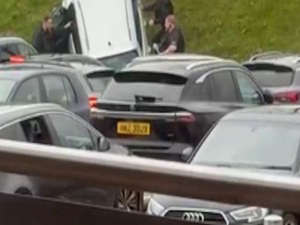 Woman charged over theft of campaigner’s car ‘must stay out of Belfast’
Woman charged over theft of campaigner’s car ‘must stay out of Belfast’
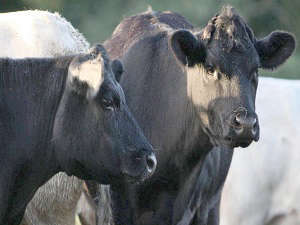 Bluetongue restrictions in Northern Ireland will be relaxed from Friday
Bluetongue restrictions in Northern Ireland will be relaxed from Friday